TEHRAN(Bazaar) – Tariq Raouf, former Director General of the Atomic Energy Agency says, Israel will continue to trickle out information from the “nuclear archive” to keep the Iran nuclear file open indefinitely.
He adds that the US/E3 have linked Iran satisfying the IAEA on the open safeguards issues before implementing revived JCPOA.
Following is the text of the Bazaar interview with Tariq Raouf.
Bazaar: During the visit of Rafael Mariano Grossi, director general of the International Atomic Energy Agency (IAEA), it was decided that Iran would provide documents on the Agency's questions about the three places that Iran did not declare to the Agency, by March 20, 2022, at the latest. What is your assessment of this agreement?
Rauf: Yes, the IAEA and Iran have agreed to a plan of action regarding three sites of interest to the IAEA based on information provided by Israel and the finding of uranium particles by the IAEA after environmental sampling. The logistics of this plan are similar to that of one agreed in 2007 and in 2015. In his press conference at Vienna Airport on return from Tehran on Saturday evening, DG Grossi described the Joint Statement of IAEA/Iran and said that: (1) The AEOI will provide to the IAEA no later than 20 March 2022 written explanations including related supporting documents to the questions raised by the IAEA which have not been addressed by Iran on the issues related to three locations; (2) Within two weeks after receiving the AEOI’s written explanations and related supporting documents, the IAEA will review this information and will submit to the AEOI any questions on received information; (3) Within one week after the IAEA has submitted to the AEOI any questions on such information, the IAEA and AEOI will meet in Tehran to address the questions. Separate meetings will be held for each location; (4) Upon completion of the activities set out in paragraphs 1 to 3 above and following the corresponding evaluation by the Agency, the Director General will aim to report his conclusion by the June 2022 Board of Governors. Grossi said that information to be provided by Iran possibly could lead to further and/or new questions to Iran; and that he would not "politically close" these three open safeguards matters irrespective of the status of the JCPOA talks in Vienna. So, unlike Amano in July 2015 who under US pressure issued a final report on PMD in December 2015 and the IAEA Board "closed" the matter. This time what Grossi said means that he would not take political instructions from the US/E3 on technical matters. Thus, potentially delaying the implementation of any revived JCPOA as the EU/E3 have insisted that the safeguards issues must be closed before revived JCPOA can start. One cannot rule out further mischief by Israel and further releases of information/allegations from the “nuclear archive”. BUT now with heavy sanctions on Russia, the oil price is around $155/barrel and will go higher, and the US/EU are eager for OPEC to pump more oil and for Iranian oil to also reach the market to ease pressure on oil price. This could play well in Iran's favour and give it more negotiating leverage which Iran must use to secure more sanctions relief and release of Iranian funds seized in the US, UK and elsewhere.
Bazaar: Grossi stated at the Tehran meeting that if the IAEA and Iran do not reach an agreement, an agreement will not be reached in Vienna. It appears that his visit to Iran was unrelated to nuclear issues under the JCPOA, that is, the same cases related to Netanyahu's documents. However, why is the JCPOA linked to a non-JCPOA nuclear case?
Rauf: The US/E3 have linked Iran satisfying the IAEA on the open safeguards issues before implementing revived JCPOA.
Bazaar: During Grossi's visit, the case of the three undisclosed locations is scheduled to be closed by June, prior to the IAEA Board of Governors meeting, if the Director-General reports positively. David Albright, a former IAEA official, said Netanyahu's documents outnumbered the current ones. Accordingly, Iran insists that the PMD be closed completely. Do you think that even with the closure of the current file, the agency might still raise other issues regarding PMD?
Rauf: David Albright was never an IAEA official and never an IAEA inspector. CIA staff on the UNSCOM/IAEA Iraq Action Team took him along on one inspection to Iraq. This was highly irregular and even perhaps Illegal under UN/IAEA rules! As noted above, Israel will continue to trickle out information from the “nuclear archive” to keep the Iran nuclear file open indefinitely.
Bazaar: While the Foreign Ministries were scheduled to travel to Vienna to announce the finality of the agreement, the trip was canceled. Russia, on the other hand, has said that US sanctions should not hinder Russia's trade with Iran after the revival of the JCPOA. To what extent will this statement by Russia affect the negotiations, and why does Russia propose this condition at the final stage of negotiations?
Rauf: Russia now is insisting on assurances that US/EU sanctions against Russia for Ukraine must not affect Russia's trade relations with Iran on JCPOA related matters. This is new complication that Russia will exploit. US/EU have indicated that they could proceed on JCPOA without Russia. Whether this will be possible remains to be seen.

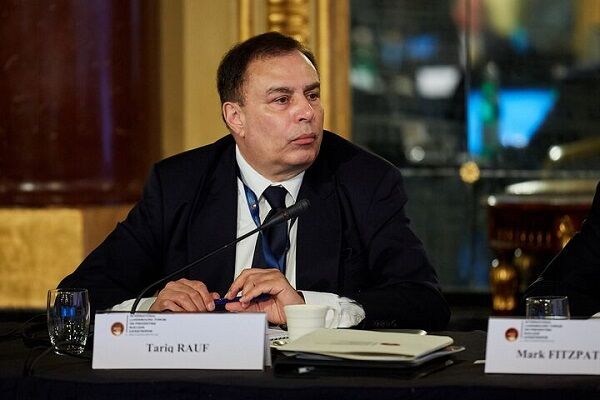



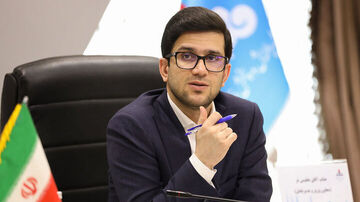

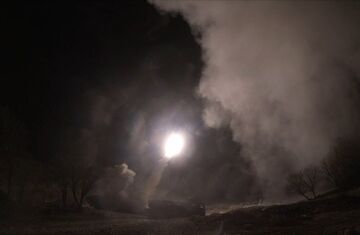


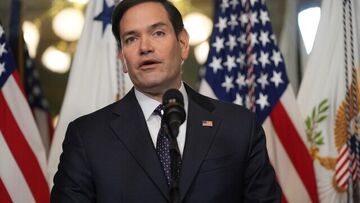
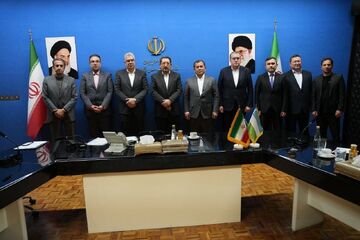
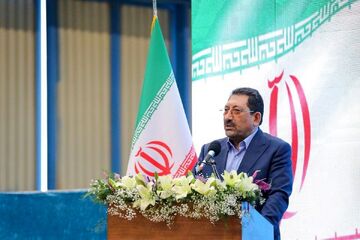

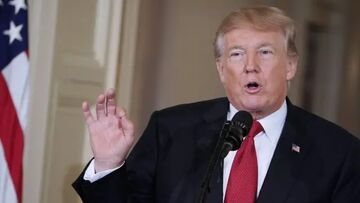
نظر شما